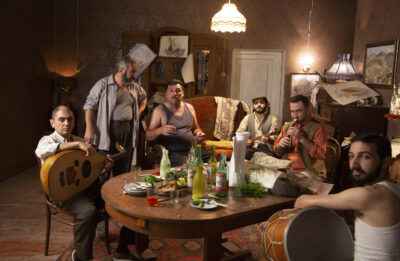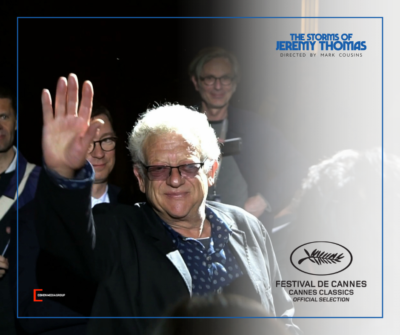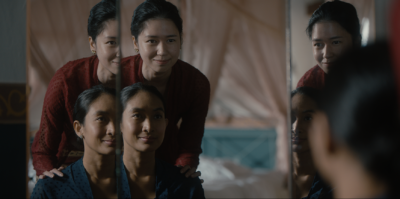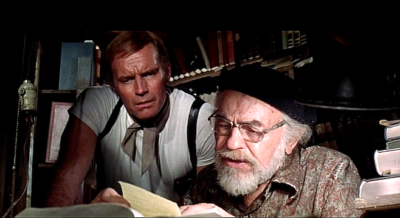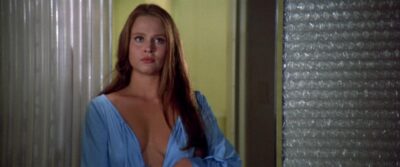In honor of Silent Movie Day, we are presenting screenings of Irving Cummings’ THE JOHNSTOWN FLOOD (1926), a pioneering disaster and special effects movie, starring Janet Gaynor and George O’Brien. A highlight of this year’s San Francisco Silent Film Festival, the film has been restored with a lush musical soundtrack by the Mont Alto Motion Picture Orchestra. We are screening the film September 27 only at our Royal, Glendale, Claremont and Newhall theaters.
THE JOHNSTOWN FLOOD re-creates one of the greatest disasters in American history, when, in 1889, over 2,000 people in Johnstown, Pennsylvania, lost their lives. In her first major role, Gaynor plays a teenage girl smitten with dashing engineer O’Brien, whose pleadings about the imminent collapse of the local dam are ignored. It’s up to Gaynor to ride through the streets à la Paul Revere to warn the townspeople of the imminent disaster. After 97 years, the movie’s flood sequence is still a pre-CGI marvel of optical effects, matte paintings, and miniatures.
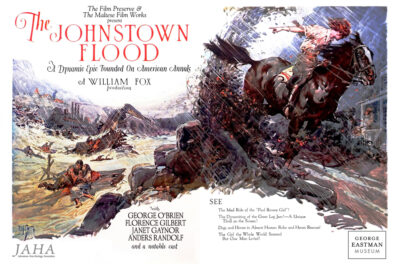
THE JOHNSTOWN FLOOD has been newly restored in 4K by The Film Preserve, Ltd. and The Maltese Film Works, from 35mm elements preserved at George Eastman Museum. Noted preservationists Robert Harris and James Mockoski (archivist for Francis Ford Coppola) worked on the restoration.
Academy Award winners and film scholars Ben Burtt (sound designer of Star Wars, Raiders of the Lost Ark, and more) and Craig Barron (visual effects supervisor for The Curious Case of Benjamin Button, Batman Returns, and more), have recorded a 30-minute illustrated conversation deconstructing the movie’s visual effects, that will be screened following the feature.


